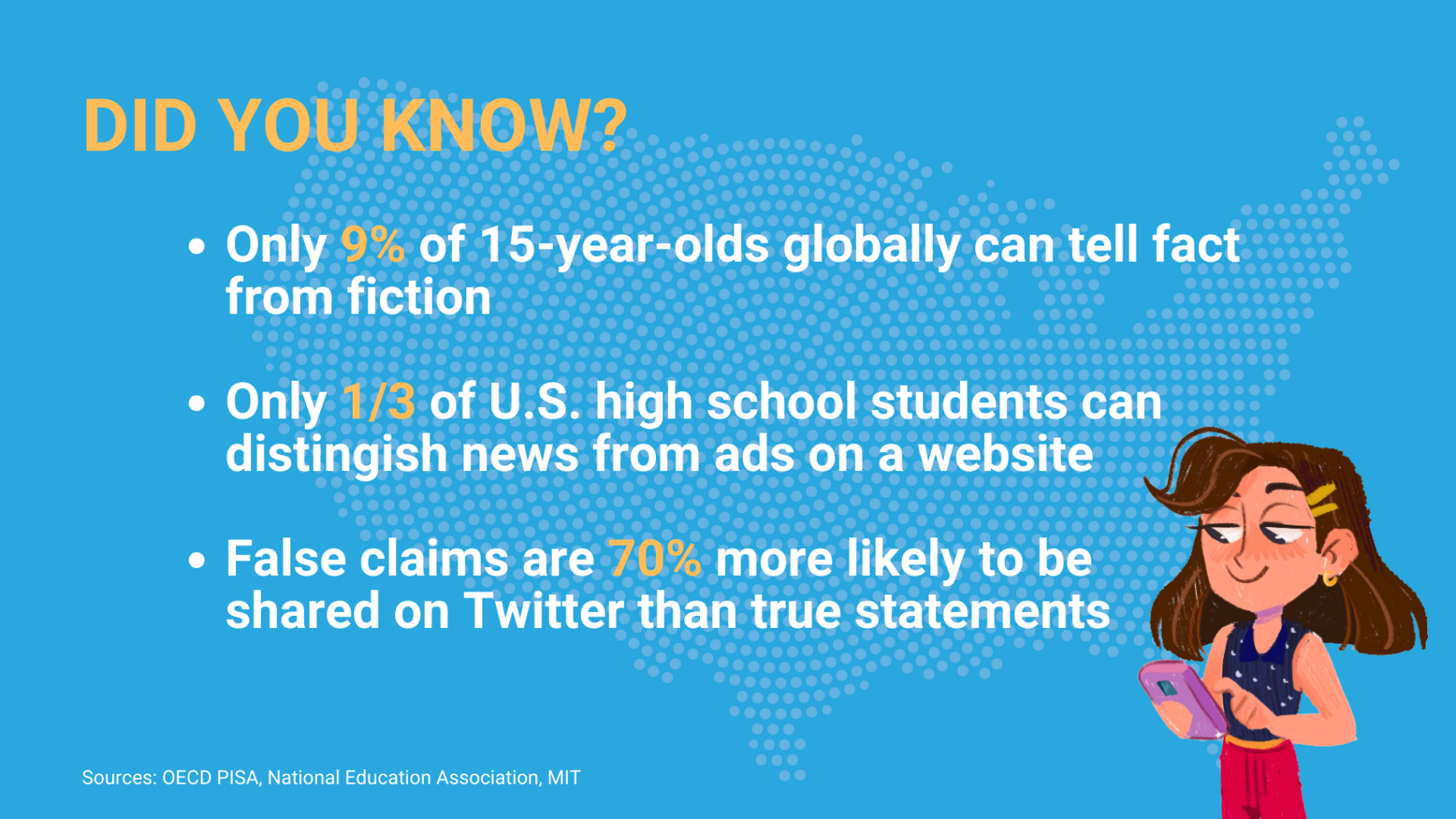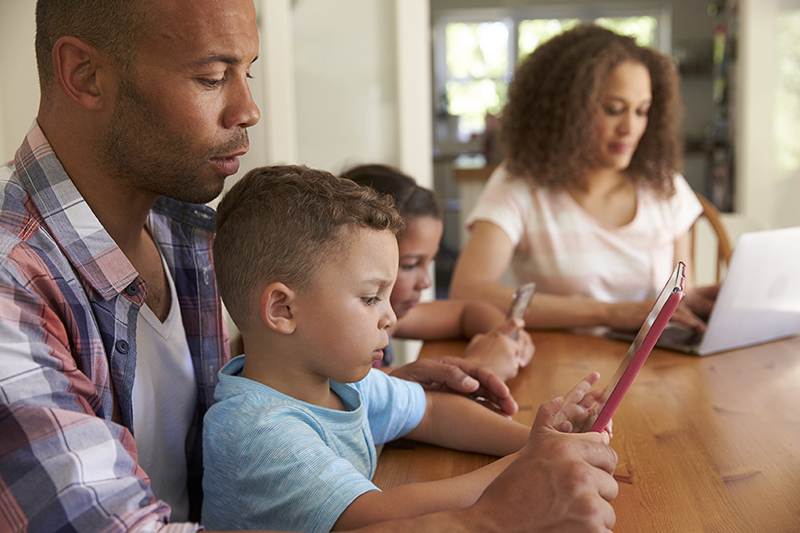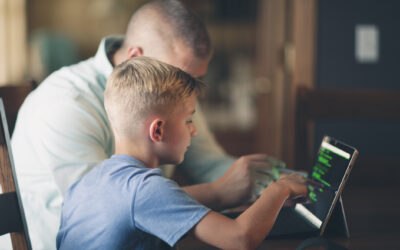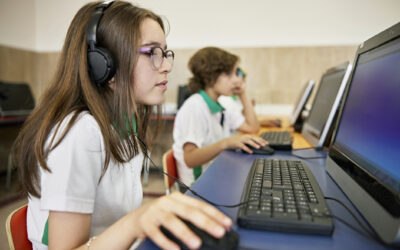These are all terms which have seen increasing use over the past several years. Digital communications have the power to provide tremendous opportunities for improvements in the lives of billions of people around the globe. But along with the benefits of growing connectivity and a massive influx in the amount of information available online, there are some drawbacks.
We’ve all heard the refrain, “I’ll believe it when I see it.” However, brain research tells us that due to the overwhelming quantity of facts and data points we are bombarded with, our brains set up filters to make processing of information more efficient. These filters are built based on our beliefs, prior experiences, previous knowledge, etc. So, in fact, we are more likely to “see” information that confirms our current beliefs, meaning “we see what we already believe.”
Amid this onslaught of information we encounter on a daily basis, it’s now essential for citizens to develop strong skills in the area of information and media literacy. Among other things, this can help us ensure we are challenging our own beliefs and not simply looking for information that confirms our previously held views.

It needs to start at an early age. “Teaching critical consumption must start in elementary school,” according to a of February 2021 report by Getting Smart and EduInnovation.
For years, UNESCO (United Nations Educational, Scientific, and Cultural Organization) has been championing media and information literacy, developing frameworks and guidelines, to foster these critical skills for all people around the world. October 24-31 is the 10th annual Global Media and Information Literacy week, led by UNESCO and other partners. It serves as an opportunity to review and celebrate progress being made toward the vision of “Media and Information Literacy for All.” UNESCO defines Media and Information Literacy with seven components: effectively access, analyze, critically evaluate, interpret, use, create and disseminate information and media products with the use of existing means and tools on a creative, legal and ethical basis.
For more than 20 years, Learning.com has been a leader in equipping students with the skills they need to succeed in a digital world. As part of our media and information literacy lessons, we teach students to a process called CARP to assess whether information is Credible, Accurate, Relevant, and influenced by the Perspective of the person sharing the information. As the media landscape continually evolves, we constantly revise our curriculum. This fall, we launched several new and updated lessons on information literacy for elementary school students.
Teaching students to evaluate media sources and information has always been an important part of the educational process. Today, the rapid growth and ease of sharing both information and misinformation has made these skills fundamental not only to our students’ success in the digital world, but to our global future.
For more information on media and information literacy, visit:
- UNESCO Global Media and Information Literacy Week website (click here)
- Common Sense Media’s page on Information Literacy (click here)
- The Truth About Digital Literacy, which encompasses media and information literacy (click here).

Keith Oelrich
CEO
Keith Oelrich joined Learning.com as CEO in 2012. A pioneer in the K-12 online education market since 2000, Keith has served as CEO of several companies which have collectively provided K-12 online education programs to thousands of districts, tens of thousands of schools and millions of students and their families.
Further Reading
Understanding Proclamation 2024 and the TA-TEKS
Understanding Proclamation 2024 and the TA-TEKS In 2024, Texas introduced Proclamation 2024 to begin the process of adopting new instructional...
Guide to Teaching Algorithms in Computer Programming for K-12 Students
Algorithms are the heart of computer programming, providing the step-by-step instructions that computers follow to perform tasks and solve problems....
Planning Digital Literacy Assessment: A Simplified Approach
As educators know, assessments are critical to the learning process. They provide beneficial self-checks to students, informative results to...




